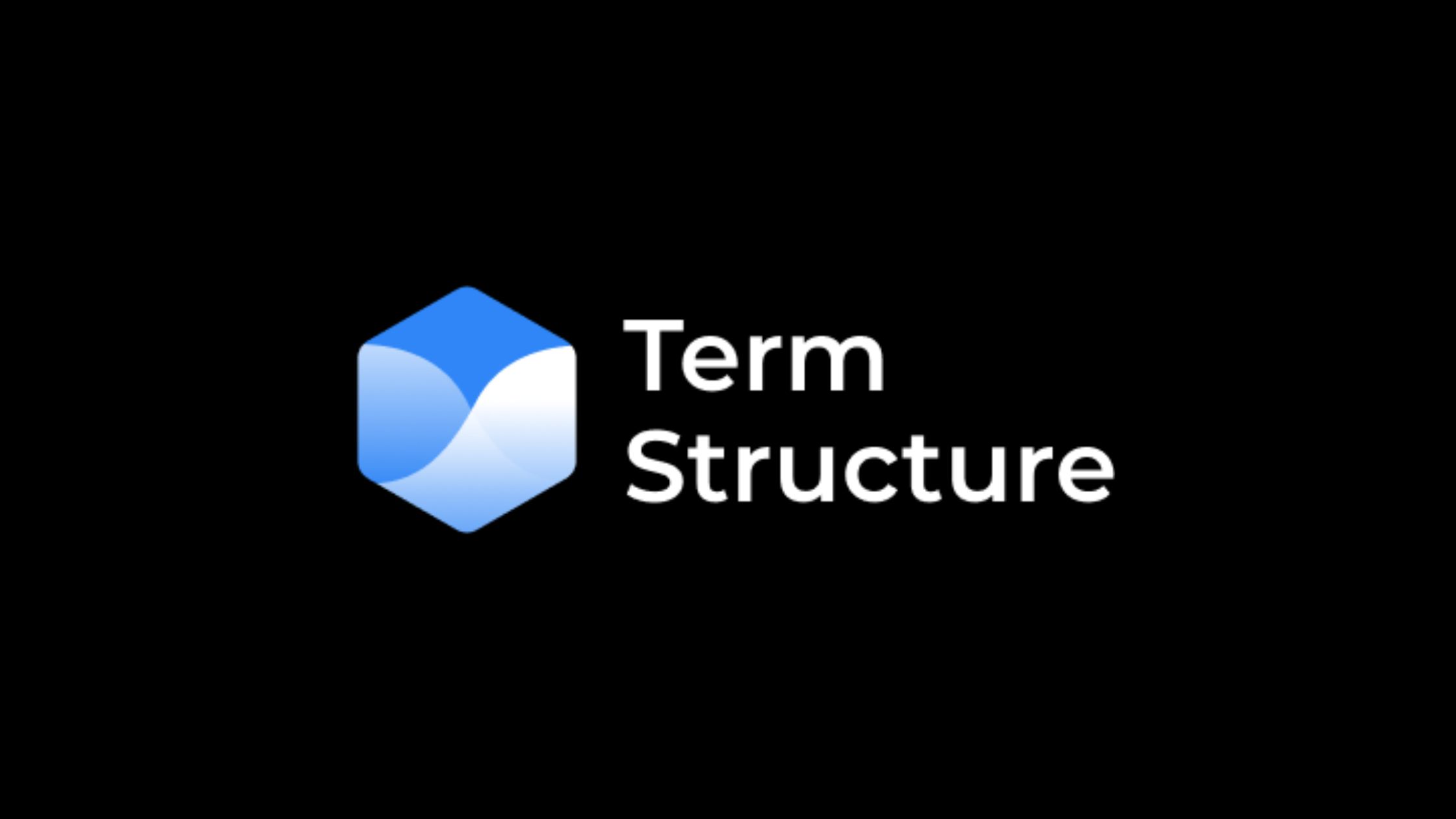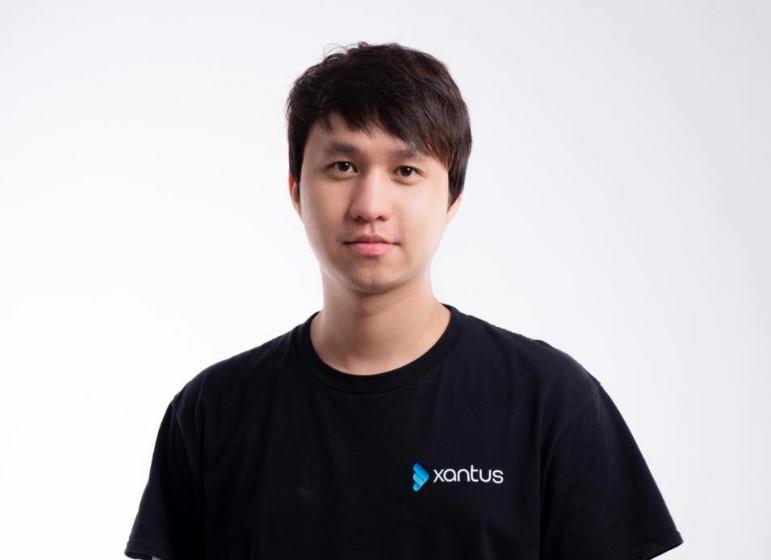AsiaTechDaily – Asia's Leading Tech and Startup Media Platform

Binance Labs leads US$8 million funding round for Tea
Tea, a Puerto Rico-based business developing an open-source blockchain software platform, has secured US$8 million in a seed fundraising round headed by Binance Labs, Binance’s venture capital and innovation incubator.
The new funds will recruit more people to continue working on the protocol, software, and community development. Tea co-founder and CEO Max Howell built Homebrew – commonly known as brew – an open-source software package management system that has aided huge tech businesses in developing their products, according to Tea.
It has also worked as the basis for several notable technological organizations and initiatives. The tool lies beneath developer tools, ensuring an equitable and fair value transfer to the open-source ecosystem.
Tea, on the other hand, has shown a significant advancement above traditional open-source software by creating a new category in which volunteer programmers are paid and engage in open governance.
More Utilization of NFT’s
They have been moderating open-source on the platform, exceeding most current digital structures. It will distribute packages on-chain as NFTs, complete with dependency information. They will make the governance tokens accessible as per their real-life use-cases to drive the ecosystem thanks to developers’ use of Tea.
Max Howell also commented on the new development, claiming that Web 2.0 has amassed millions thanks to unpaid open-source developers’ efforts. Regardless, the land is bursting at the seams with opportunities that people did not see or even investigate. Tea will be a nice and straightforward set of tools that operate with Web 2.0 and Web 3.0.
Funding Will Be Used For Better Growth
Tea will use the funds to expand its resources, allowing it to continue contributing to community growth while working on software and protocol development. The participants are lattice Capital, XBTO Humla Ventures, Coral Defi, DARMA Capital, Rocktree, Woodstock, MAKE Group, and SVK Crypto.
“On the backs of unpaid open source volunteers, Web 2.0 amassed riches,” remarked Max Howell.
“Web3 can alter this. There is so much that they can do in this area that no one has ever attempted before. Tea is a user-friendly, intuitive set of tools that will function with today’s Web 2.0 Internet and Web3.”
Tea’s development and installation layers are decentralized, improving stability and enabling native, built-in version management for every tool in the stack. Tea’s decentralization has a direct impact on ecosystem security. Onchain, each layer of applications and dApps is signed and authenticated.





